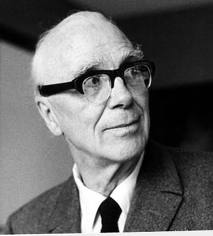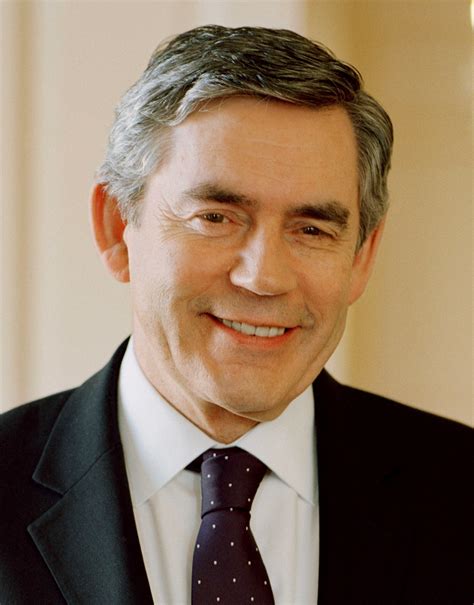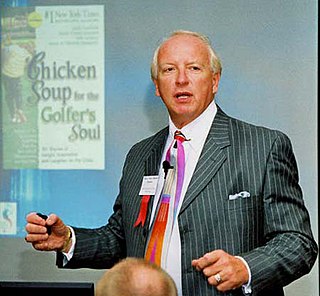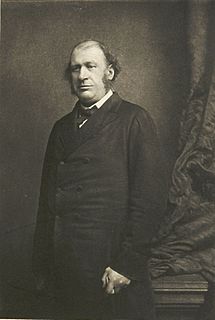A Quote by Ove Arup
Engineering problems are under-defined, there are many solutions, good, bad and indifferent. The art is to arrive at a good solution. This is a creative activity, involving imagination, intuition and deliberate choice.
Related Quotes
Engineering is not merely knowing and being knowledgeable, like a walking encyclopedia; engineering is not merely analysis; engineering is not merely the possession of the capacity to get elegant solutions to non-existent engineering problems; engineering is practicing the art of the organizing forces of technological change ... Engineers operate at the interface between science and society.
To me this question whether liberty is a good or a bad thing appears as irrational as the question whether fire is a good or a bad thing. It is both good and bad according to time, place, and circumstance, and a complete answer to the question, In what cases is liberty good and in what cases is it bad? would involve not merely a universal history of mankind, but a complete solution of the problems which such a history would offer.
It is fascinating to watch politicians come up with 'solutions' to problems that are a direct result of their previous solutions. In many cases, the most efficient thing to do would be to repeal their previous solution and stop being so gung-ho for creating new solutions in the future. But, politically, that is the last thing they will do.
The terms good and bad indicate no positive quality in things regarded in themselves, but are merely modes of thinking or notions, which we form from the comparison of things one with another. Thus one and the same thing can be at the same time good, bad, and indifferent. For instance, music is good for him that is melancholy, bad for him that mourns; for him that is deaf; it is neither good nor bad.
The cause of misery, death, and all personal and collective problems is rooted in the mind, the false, copy mind. The real, divine mind is transcendental, the witness, without thinking. Divine mind is without thoughts, all knowing, and eternally blissful. Trying to solve problems by thinking about them never produces a permanent solution because this false mind creates all problems; whereas, divine mind and our inner guidance bring forth solutions for our greatest good and the greatest good for all.
When it comes to partisan politics, everyone is a hypocrite. And all they care about is whether it hurts or helps them ... Is it good or bad for the Democrats? Is it good or bad for the Republicans? Is it good or bad for Jews, or good or bad for blacks, or is it good or bad for women? Is it good or bad for men? Is it good or bad for gays? That's the way people think about issues today. There is very little discussion of enduring principles.
Malevich, Lissitsky, Kandinsky, Tatlin, Pevsner, Rodchenko... all believed in the social role of art... Their works were like hinged doors, connecting activity with activity. Art with engineering; music with painting; poetry with design; fine art with propaganda; photographs with typography; diagrams with action; the studio with the street.
There are no prescriptive solutions, no grand designs for grand problems. Life's solutions lie in the minute particulars involving more and more individual people daring to create their own life and art, daring to listen to the voice within their deepest, original nature, and deeper still, the voice within the earth.



































